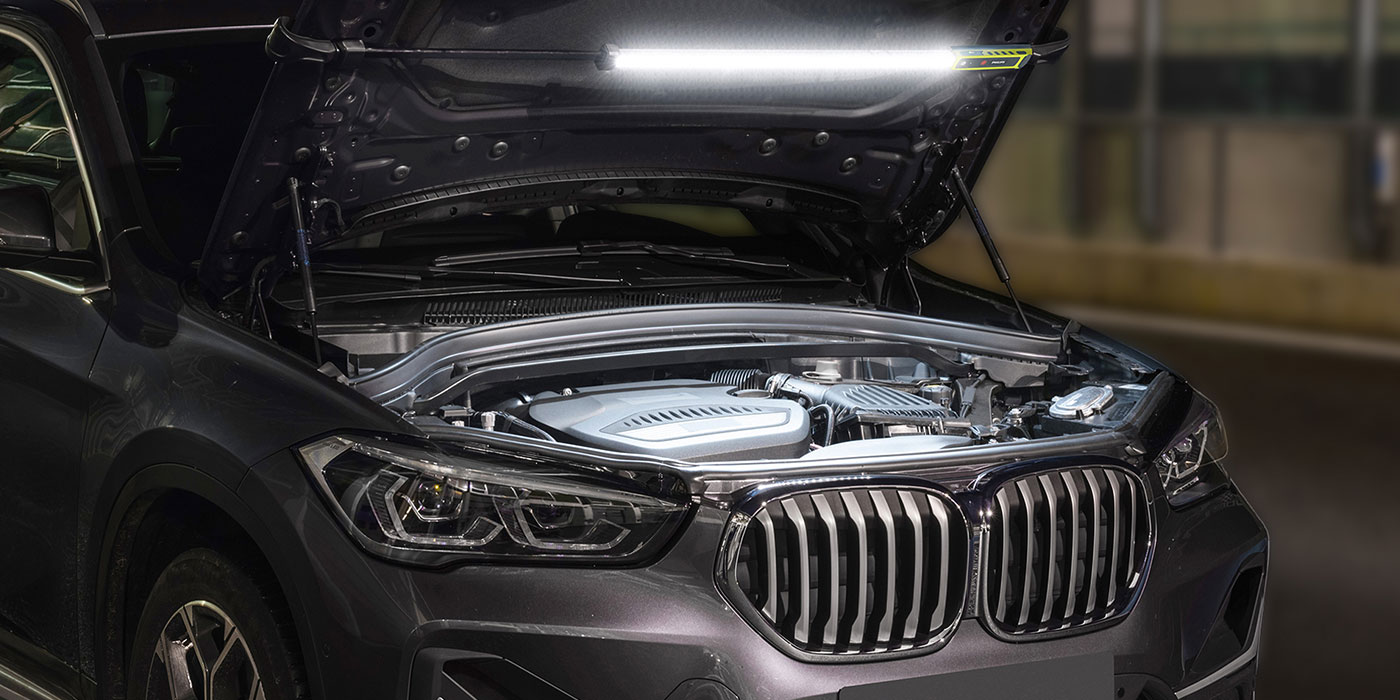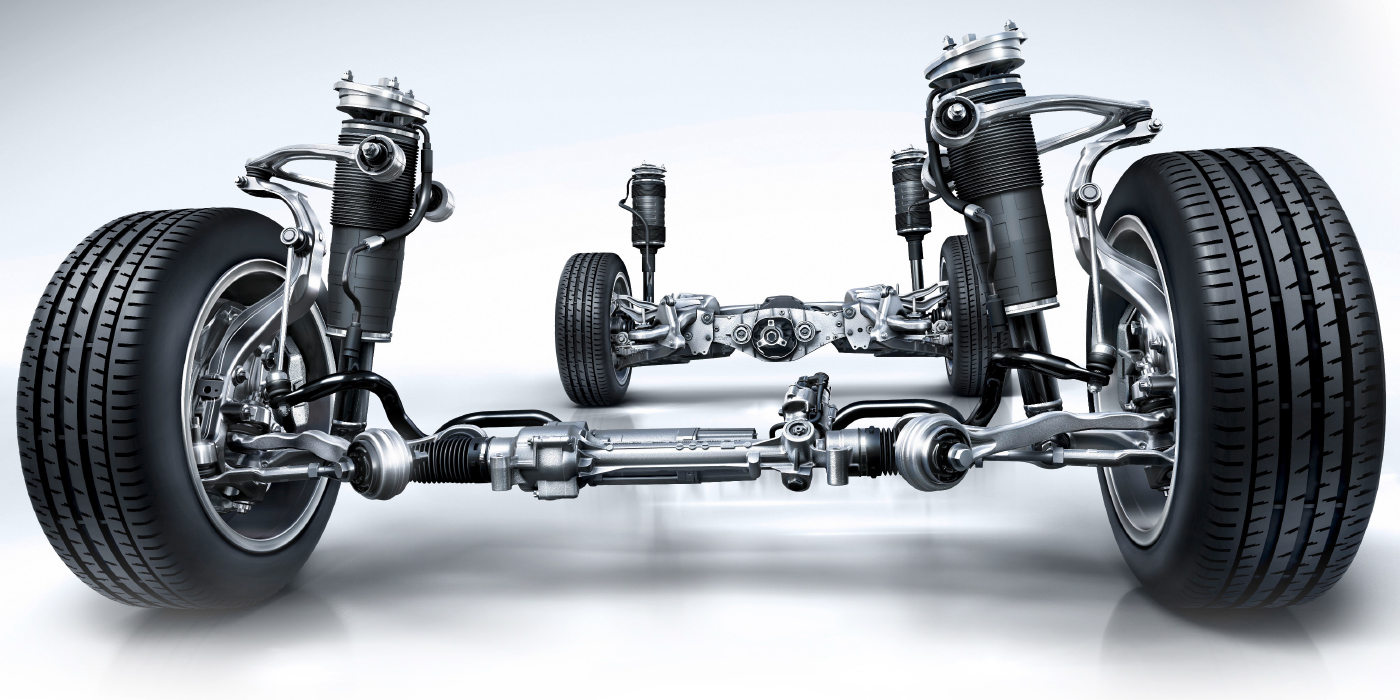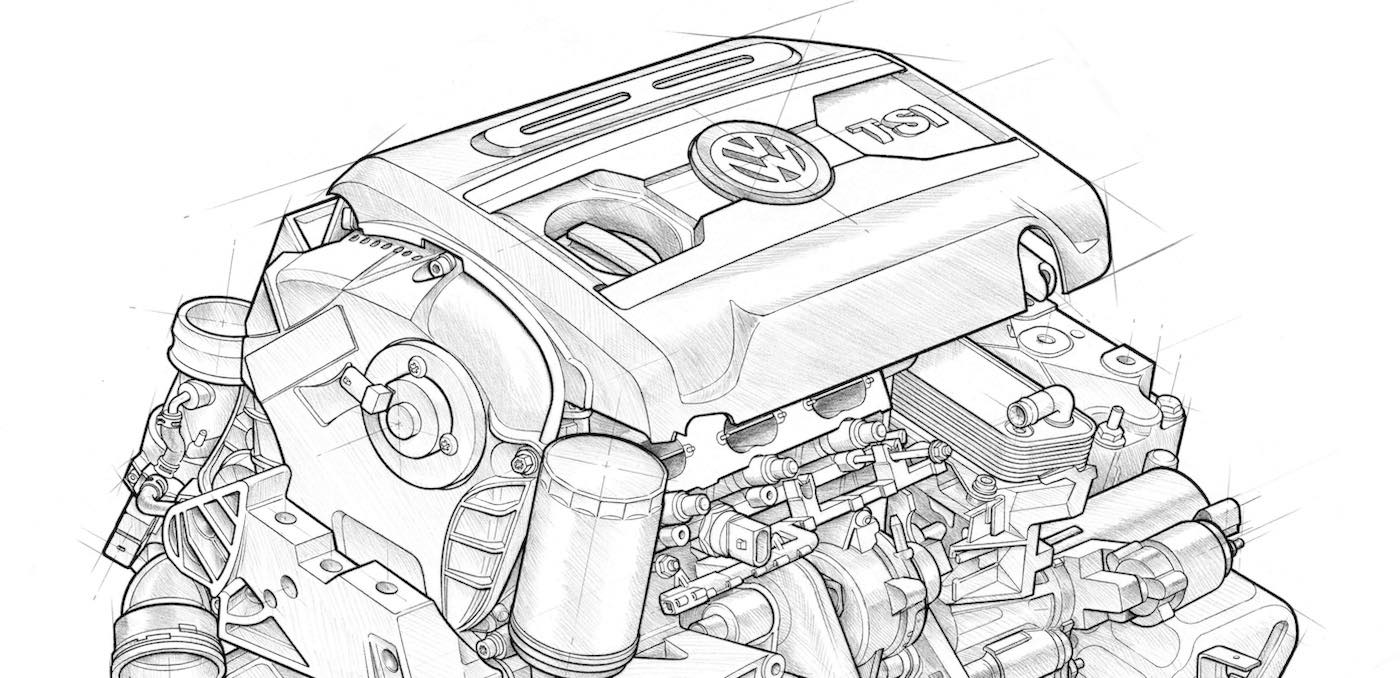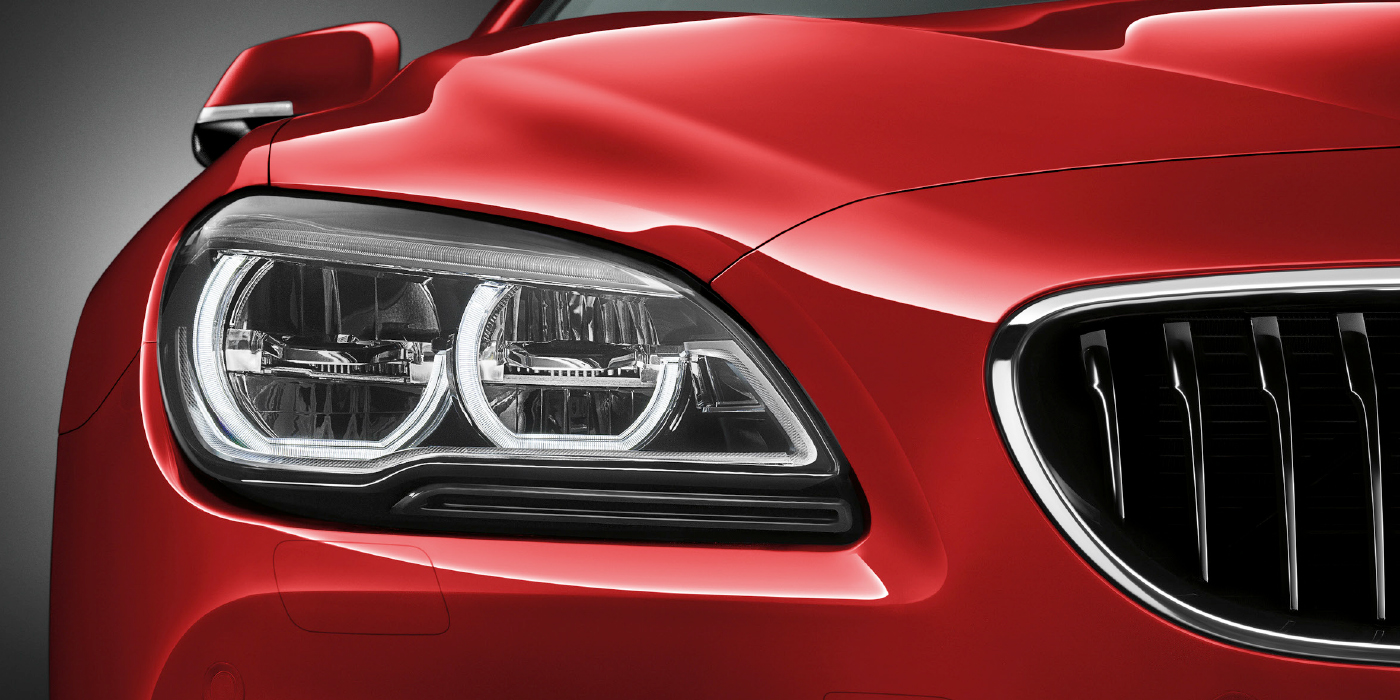Honeywell has announced that SAE International has concluded that Honeywell’s new low-global-warming-potential mobile air conditioning refrigerant, HFO-1234yf, is safe for use in automobiles after completing an expanded and extensive evaluation.
SAE established a Cooperative Research Project (CRP) to review the safety of the refrigerant following concerns voiced early in the year by Daimler and VW executives regarding the flammability of the product.
The SAE International CRP stated that all 11 global automakers that participated in the project "have indicated agreement with these conclusions" [of the product’s safety,] and called testing conducted by Daimler late last year that raised questions about the refrigerant’s flammability "unrealistic."
"After extensive testing and analysis, the new CRP concluded that the refrigerant release testing completed by Daimler was unrealistic," the SAE CRP said in its final summary. "Their testing created extreme conditions that favored ignition while ignoring many mitigating factors that would be present in an actual real-world collision."
"The conclusions from SAE’s latest expanded evaluation, combined with years of extensive testing in the U.S., Europe and elsewhere, again leaves no doubt that HFO-1234yf is safe for automotive applications," said Ken Gayer, vice president and general manager for Honeywell Fluorine Products. "The fact that all 11 global automakers participating in the project agreed with the SAE CRP’s conclusions is further proof that this product can be used safely."
The latest CRP to review the product’s safety included European, North American, and Asian automakers, including Chrysler/Fiat, Ford, General Motors, Honda, Hyundai, Jaguar Land Rover, Mazda, PSA, Renault and Toyota.
HFO-1234yf was previously the subject of comprehensive testing conducted by an SAE CRP from 2007 to 2009. That CRP, which was sponsored by 15 global automakers, including all leading German automakers, major suppliers and 18 international, independent research institutes, concluded that HFO-1234yf is safe for use in automobile applications.
SAE said its latest CRP’s evaluation was expanded "with input from Daimler … to realistically address" Daimler’s concerns. SAE said the CRP also reviewed and analyzed extensive new data from automakers and used "conservative assumptions" to ensure its analysis "would be more likely to overestimate rather than underestimate the actual risks" of the refrigerant igniting.
Even with those assumptions, the CRP found "risks are still very small compared to the risks of a vehicle fire from all causes and well below risks that are commonly viewed as acceptable by the general public."
For a video on this topic, which includes a comparison of HFO-1234yf vs. HFC-134a and other materials, visit www.1234facts.com/resources.






